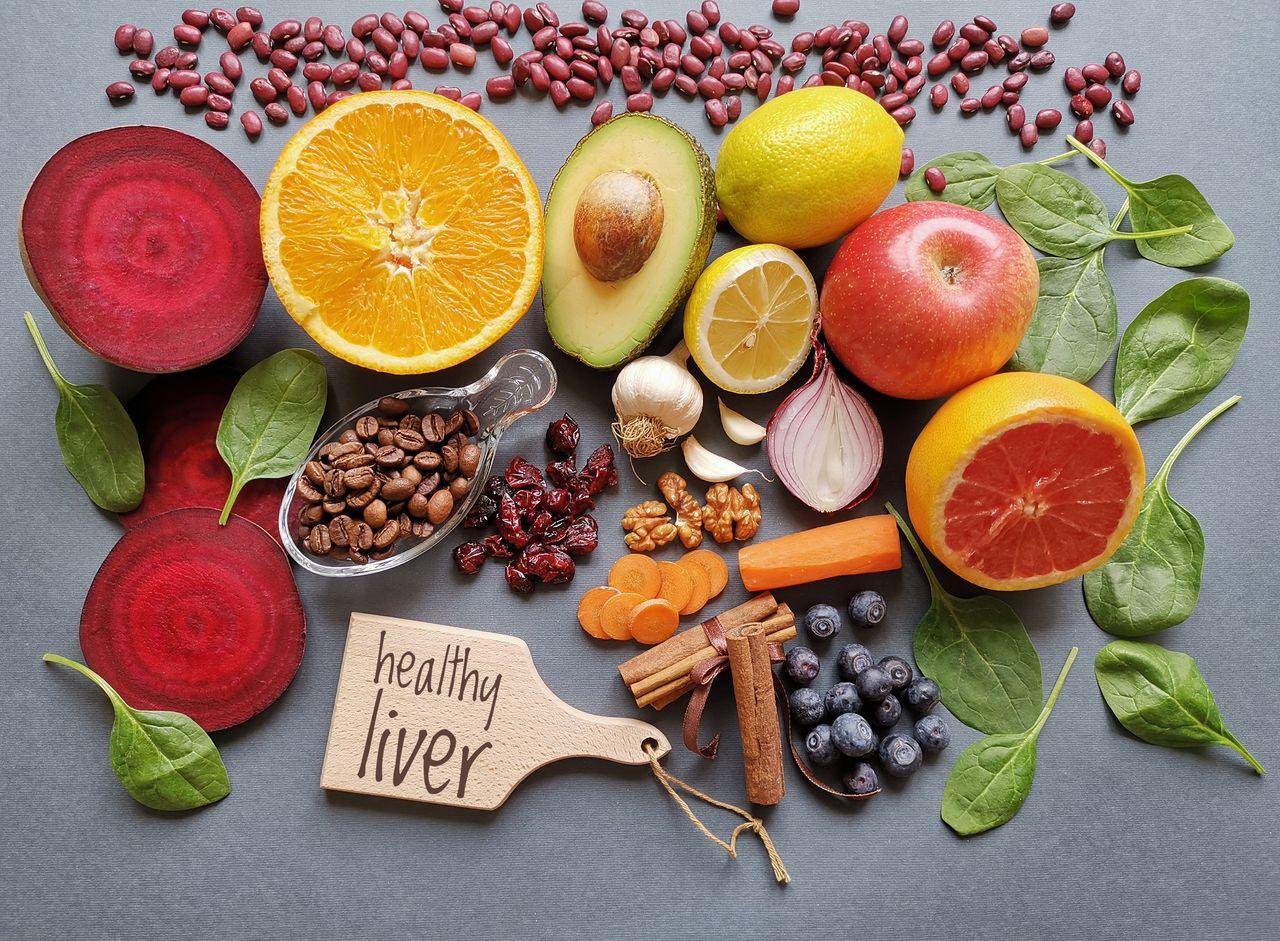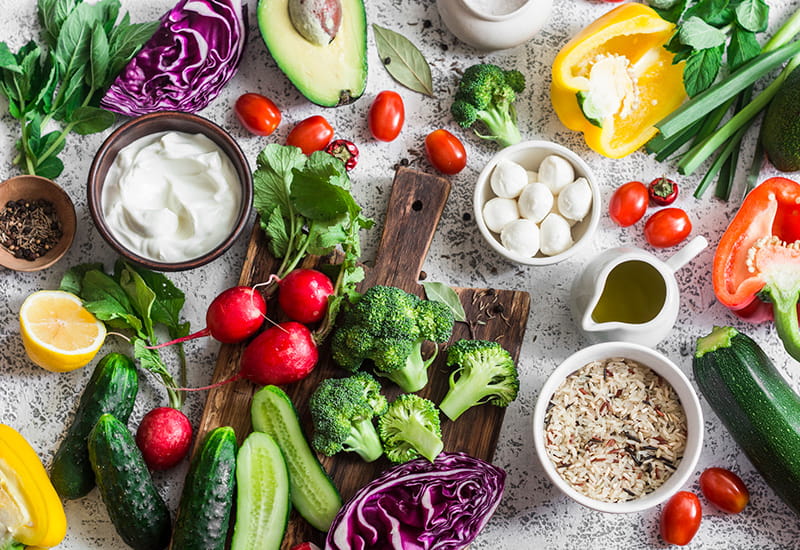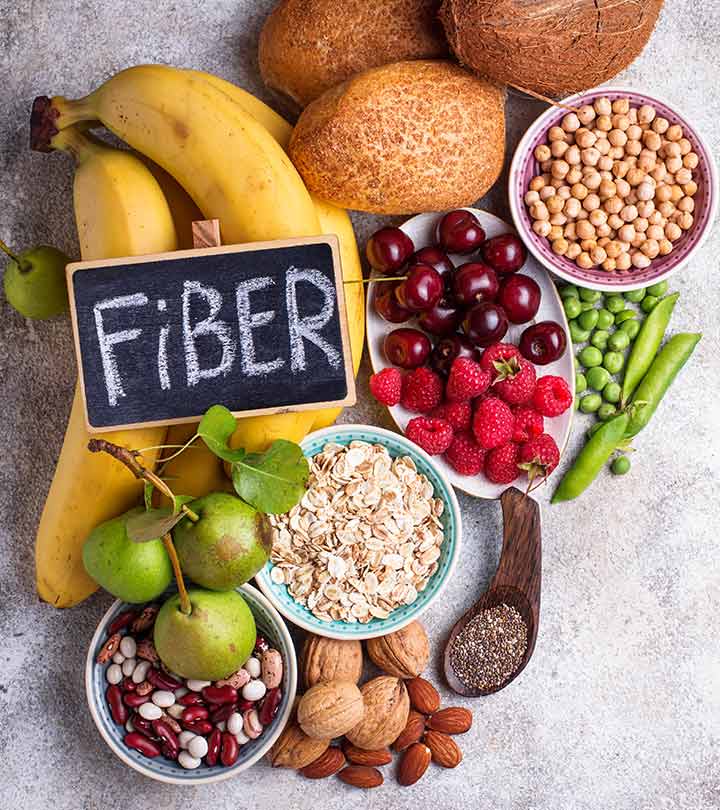Amazing Benefits of Watermelon
The health benefits of watermelon include prevention of kidney disorders, high blood pressure, cancer, diabetes, heart disease, heat stroke, macular degeneration, and impotence.
The question is, why is there so much craze for watermelon? At first glance, it may seem like nothing more than a big ball of water. We all know that there is nothing more refreshing than a big, chilled wedge of watermelon on a hot, summer day and it does sport a stylish scientific name of Citrullus lanatus, but what’s the real reason so many people flock to grocery stores every summer to buy a big fruit like this one? Well, it is hard to narrow it down to a single reason; there are actually a lot of them.
What is Watermelon?
Watermelon is a fruit that grows on a vine-like flowering plant native to Southern Africa. It was cultivated in the Nile River Valley, in Egypt, and eventually in China, roughly 1,000 years ago. Now, watermelon is grown around the world, and in 44 of the 50 states in America. It is specifically selected to grow larger and juicier, resulting in the huge fruits that many of us are familiar with. The green outer rind is hard and fleshy, and rarely eaten, while the interior is soft, red or pink flesh containing the many seeds; this is the part of watermelon which is typically eaten.
Different Types of Tea and Their Benefits(Opens in a new browser tab)
As for accessing the total medicinal benefits of watermelons, it is highly dependent on the variety of watermelon and the ripeness. Beta-carotene and lycopene are usually available in high quantities once the watermelon is completely ripe, and don’t be afraid to eat the watermelon rind; there are quite a few nutrients in there as well, particularly the roughage and fiber.
Nutritional Value of Watermelon

The healthy or beneficial effects of watermelon are mainly derived from its unique nutrients, vitamins, minerals, and organic compounds. These include significant amounts of vitamin C, calcium, magnesium, fiber, protein, and a large amount of potassium. Furthermore, they contain vitamin A, vitamin B6, niacin, thiamin, and a wide variety of carotenoids and phytonutrients, including lycopene!
5 Incredible Good Posture Benefits(Opens in a new browser tab)
Health Benefits of Watermelon
All the above components of watermelons contribute to their major impact on health; let’s explore some more details of those benefits below.
Prevents Heat Stroke
Watermelon is effective in reducing both your body temperature and blood pressure. Many people in tropical regions eat this fruit every day in the afternoon during summer to protect themselves from heat stroke. The high amount of water in watermelon also stimulates a release of excess liquid in the form of sweat, which cools your body further during hot summer days.
Cures Impotence
Arginine, present in watermelon, is beneficial in curing erectile dysfunction, and the stimulating nature of the chemical can boost the libido, reduce frigidity, and give your love life a fresh start after you enjoy a few slices of watermelon together!
Controls Diabetes
Diabetics, who are supposed to have a low energy and low sugar diet, often complain about starving since they don’t get to eat their staple diets, which gives them the feeling of being half-fed. Watermelons can be a good supplement for them. In spite of being sweet in taste, a thick wedge will give them very few calories, since ninety-nine percent of its total weight is composed of water and roughage. Moreover, the vitamins and minerals such as potassium and magnesium help in proper functioning of insulin in the body, thus lowering the blood sugar level. Arginine, another component found in watermelons, is very effective at enhancing the impact of insulin on blood sugar. Diabetics can also have curries, steaks, and salads made from watermelon rinds, which are even lower in sugar.
Regulates Blood Pressure
The amount of potassium and magnesium present in watermelons is very beneficial in terms of lowering blood pressure. Potassium is considered a vasodilator, meaning that it releases the tension on blood vessels and arteries, thereby stimulating blood flow and reducing the stress on the cardiovascular system. The carotenoids present in these fruits also prevent hardening of artery walls and veins, thereby helping to reduce blood pressure and the chances of blood clots, strokes, heart attacks, and atherosclerosis.
Heart Health
Lycopene, a carotenoid found in abundance in watermelon, improves cardiac functions. Beta-carotene, known for its great antioxidant and anti-aging properties, keeps you young at heart and prevents age-related cardiac problems. The roughage in watermelon, along with vitamin C, carotenoids, and potassium (potassium cuts the risk of a heart attack), helps to reduce cholesterol and keep your heart safe from many dangerous conditions.
Prevents Macular Degeneration
Don’t worry about eye health and macular degeneration if you eat plenty of watermelons. Thanks to the beta-carotene, vitamin C, lutein, and zeaxanthin, your eyes are well protected. They ensure the protection of your eyes from age-related blindness and degeneration and prevent your eyes from ailments such as drying up of eyes and optical nerves, as well as glaucoma.






